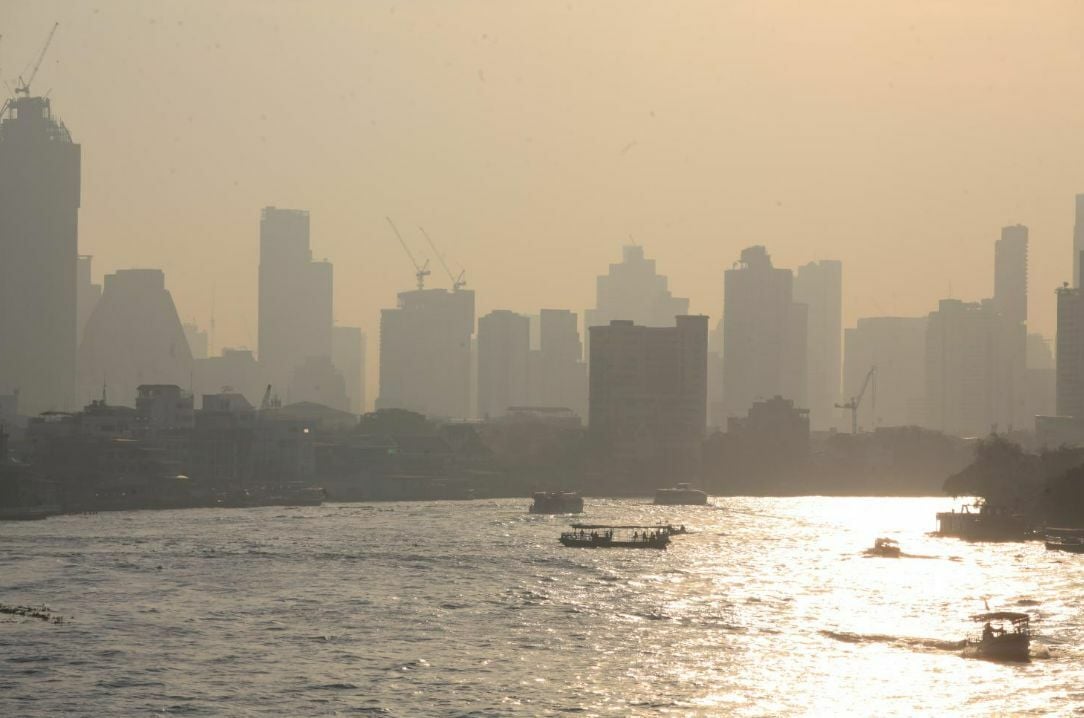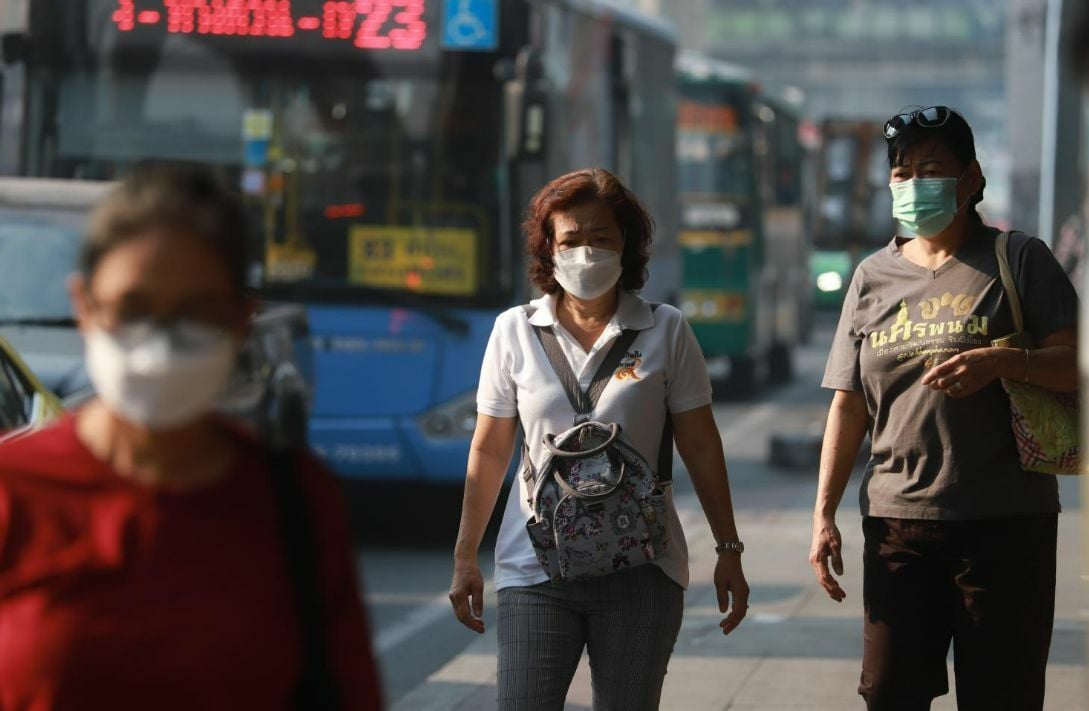Thailand smog sparks outcry, public anticipation for clean air act grows

The recurring smog season in Thailand’s northern provinces has sparked increasing public dissatisfaction. Notably, a 28 year old doctor in Chiang Mai, Krittai Tanasombatkul, who was diagnosed with lung cancer despite being a non-smoker, used his social media platform to question why the persistent PM2.5 pollution issue has not been resolved by the authorities.
The Clean Air Act, seen as a potential solution to the escalating Thailand smog problem, is eagerly awaited by both the public and private sectors, especially given the prediction of more severe PM2.5 levels in the upcoming months. The act is expected to address pollution from various sources such as bushfires, farm clearing, and ageing diesel engines. However, critics argue that legislation alone is insufficient and calls for additional measures like encouraging a shift to battery-run vehicles.
Amorn Sapthaweekul, deputy CEO of Energy Absolute Plc, a renewable energy and electric vehicle developer and operator, emphasised the need for government initiatives to ensure the right to clean air. He anticipates increased use of electric mobility technology as advancements in battery technology will allow electric vehicles to operate for longer distances, and their cost will decrease with economies of scale.
Alongside the proposed law, Bangchak Corp Plc plans to combat PM2.5 levels by introducing low-dust fuel, a new type of diesel designed to meet the stricter environmental emission standards of Euro 5, which the government plans to enforce from Jan 1 next year.

Sanan Angubolkul, chairman of the Thai Chamber of Commerce, expressed concerns over the draft act’s ambiguity and potential for exploitation. He also questioned the lack of a clear definition or identification of toxic substances, which may complicate the private sector’s adaptation and regulation of production processes. Sanan also highlighted the need for more agriculture sector representatives in management committees for broader coverage.
The transition to alternative energy or using EVs, especially for small and medium-sized enterprises, remains a challenge due to high costs and inadequate incentives. Sanan also expressed concerns about the act’s provisions holding those accountable for air pollution sources outside national borders, due to potential complications in establishing liability and impacts on raw material procurement from neighbouring countries.
Nattakit Tangpoonsinthana, chief marketing officer of Central Pattana Plc, stated the company’s commitment to align with the act’s environmental objectives while awaiting the specifics of the legislation, reported Bangkok Post.
Sittipong Wongsomboon, general manager of Northern Smile Travel, emphasised the need for the act to address the root causes of pollution, which have negatively impacted Chiang Mai’s tourism industry. He suggested incentivising farmers to shift to organic farming or non-burning crops and improving wildfire management. Sittipong also advocated for subsidies for EV use in the tourism sector.
Latest Thailand News
Follow The Thaiger on Google News:


























